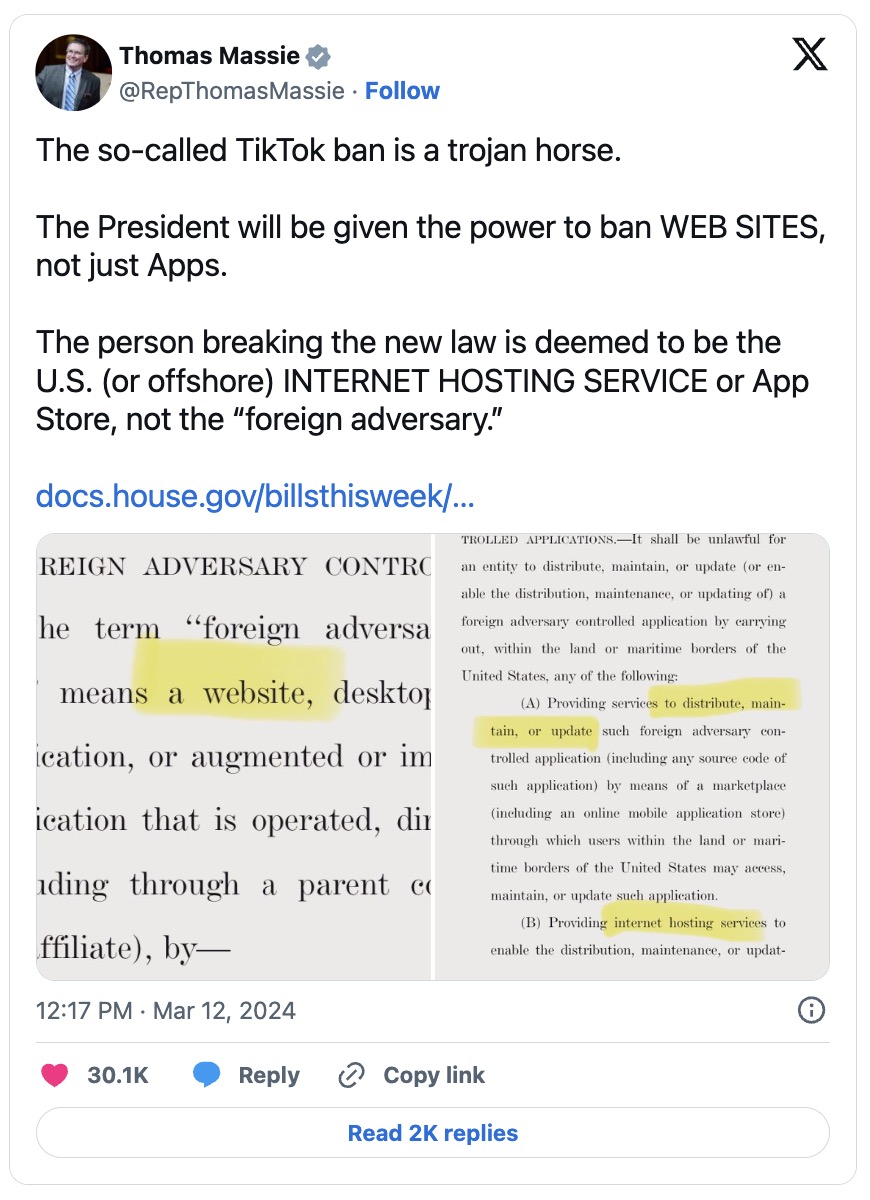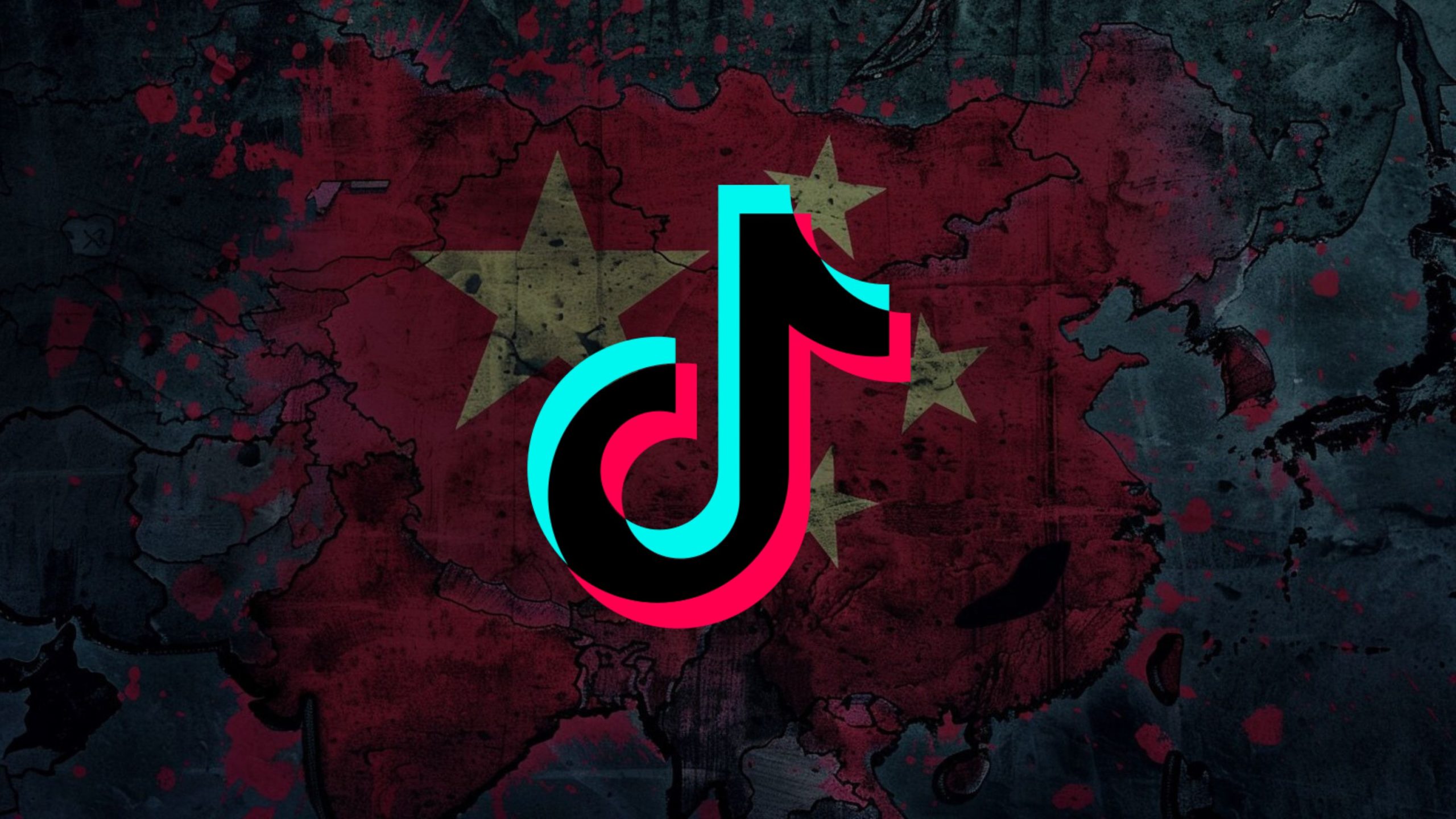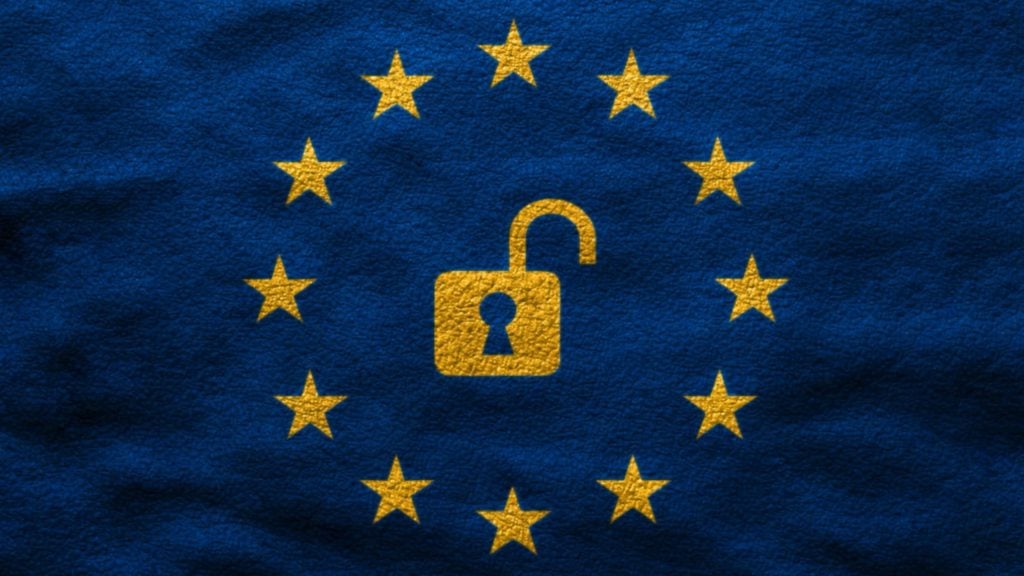As part of a legislative move that may potentially eliminate TikTok from US app stores if it doesn’t divest itself from the Chinese state-associated company Bytedance, the House of Representatives today approved a relevant bill by a majority vote of 352 to 65, with one member abstaining.
We obtained a copy of the bill for you here.
Showing a rare moment of bipartisan agreement in an otherwise polarized political landscape, both Democrats and Republicans rallied behind the measure, led by Chair Mike Gallagher (R-Wis.) and Rep. Raja Krishnamoorthi (D-Ill.) of the House China select committee.
With the committee unanimously endorsing it 50-0, the proposed law now looms over TikTok’s parent company. If the legislation passes in its current form, Bytedance will have a 180-day window to divest from TikTok or else it will face US prohibition.
Further regulations would stipulate that the purchaser should not originate from a hostile nation to the US.
TikTok has been at the forefront of accusations related to national security, with criticisms citing the potential for the Chinese government to utilize Bytedance power to access sensitive user data in the US and abroad – allegations the company has denied.
Moreover, claims that the platform manipulation could potentially orchestrate mass influence campaigns in favor of the ruling Chinese Communist Party have been proposed.
But such punitive measures targeting TikTok, while sparking concerns regarding potential First Amendment violations and potential negative impacts on small enterprises leveraging the app, have also garnered significant opposition.
Here are the main arguments leveled FOR and AGAINST, divestiture:
Arguments FOR Forcing Divestment of TikTok
National Security: Advocates argue that forcing ByteDance to divest TikTok is essential for national security. Given allegations that TikTok could be used by the Chinese government for surveillance and to influence public opinion in the US, a divestiture would alleviate these concerns.
Data Privacy: This action would potentially protect the data privacy of American users. Currently, there are fears that TikTok’s data could be accessed by the Chinese government. A US-based ownership could ensure stricter adherence to American data protection laws.
Upholding Laws: The US government has the constitutional authority to regulate commerce and protect national security, which includes overseeing foreign investments and operations in the US This action can be viewed as a legitimate exercise of that power.
Arguments AGAINST Forcing Divestment of TikTok
First Amendment Concerns: Critics argue that forcing a divestiture could violate First Amendment rights. TikTok is a platform for expression, and government intervention in what content US citizens have access to might be seen as an infringement on free speech and free market principles.
International Relations: This move could exacerbate tensions with China, impacting international trade and diplomacy. The divestiture could be viewed as a hostile act, potentially leading to retaliation against American businesses.
Precedent for Government Overreach: There’s a concern about setting a precedent where the government has broad authority to intervene in private businesses, especially if the perceived threat isn’t clear or substantiated. This could lead to future interventions based on vague national security concerns.
Due Process Concerns: If the government forces a divestiture without clear evidence of wrongdoing by ByteDance, it might raise issues related to due process under the Fifth Amendment.
Simultaneously, accusations that the bill, while general in scope, single out TikTok and Bytedance have further inflamed critics of the measure.
Chief proponents of the legislation, such as former House Speaker Nancy Pelosi, have continually emphasized the bill aims to merely mitigate the perceived threats TikTok’s association with China pose, rather than outrightly banning it.
On Tuesday, the owner of X, Musk, expressed his opinion on his social media platform, stating that the Congressional bill which restricts access to the app represents “censorship and government control.”
“This law is not just about TikTok, it is about censorship and government control! If it were just about TikTok, it would only cite ‘foreign control’ as the issue, but it does not,” he posted.
Musk shared a tweet from Representative Thomas Massie, a Republican from Kentucky, who opposed the possible TikTok ban. He likened it to a Trojan horse, arguing that it could give the president the authority to prohibit websites, not just apps.




